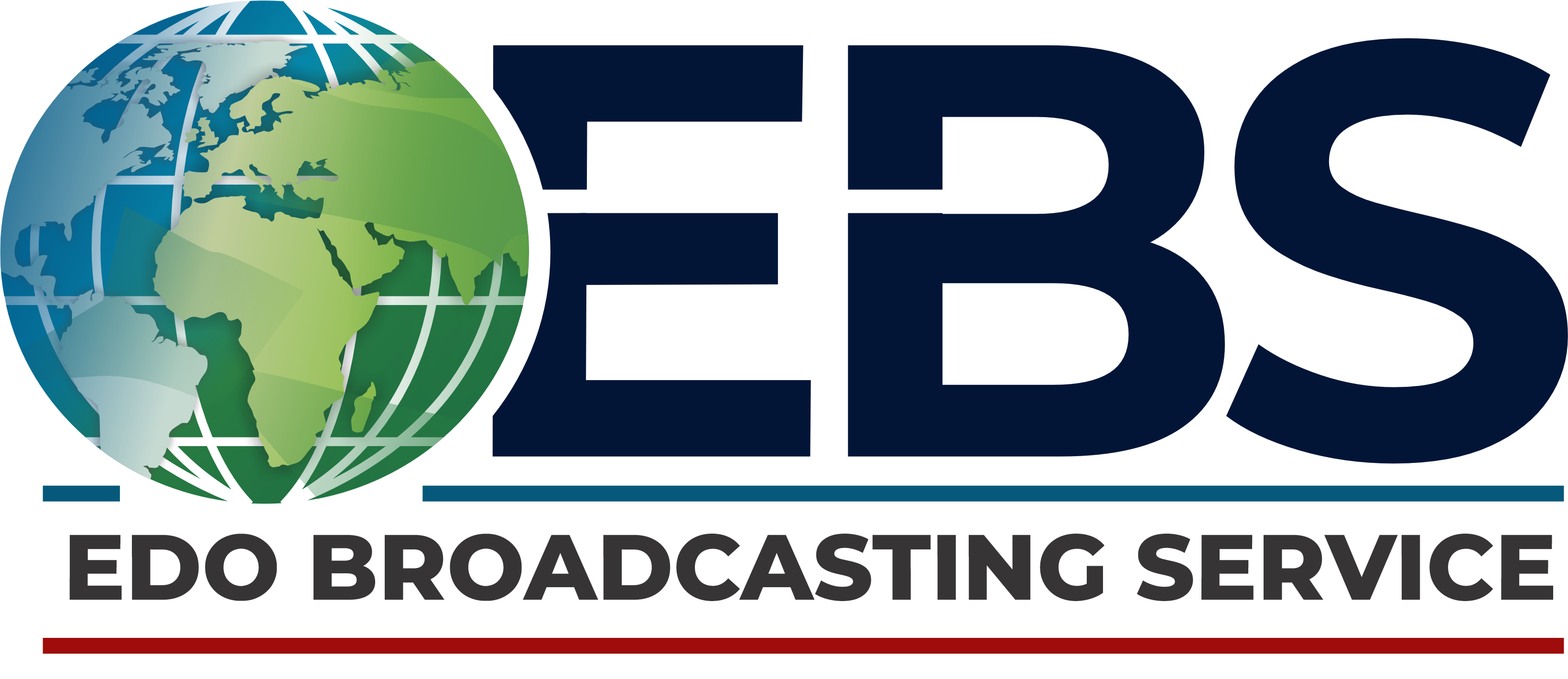The Speaker of the House of Representatives, Abbas Tajudeen, has assured Nigerians that the House will guarantee transparency, accountability, and effective implementation of the Federal Government’s Naira-for-Crude Oil Policy.
Speaking through the Minority Leader Kingsley Chinda at the inauguration of the Ad-hoc Committee on the Implementation and Oversight of the policy, Speaker Abbas described the exercise as a crucial step toward strengthening transparency and efficiency in one of Nigeria’s most important energy sector initiatives.
He said the committee has been entrusted with the vital responsibility of monitoring implementation, ensuring inter-agency coordination, and assessing the policy’s effectiveness.
“Its work is critical to making sure the objectives of the policy are met, and that any gaps in execution are promptly addressed. The House expects nothing less than a thorough, impartial, and well-documented process that contributes to the stability of our economy,” the Speaker said.
Abbas noted that the policy carries far-reaching implications for Nigeria’s foreign exchange stability, revenue generation, and long-term energy security. He stressed that a comprehensive review of its framework will help determine whether the policy is meeting its goals and identify adjustments where necessary.
“Such an assessment will provide the House with clearer guidance in exercising its legislative commitment. We trust the committee to deliver results that meet the expectations of this chamber and the hopes of the people we serve,” he added.
The Speaker reaffirmed that the 10th House remains committed to supporting President Bola Ahmed Tinubu’s Renewed Hope Agenda, particularly in addressing economic challenges confronting Nigerians.
“Our resolve is to ensure the legislature remains a true partner in progress by aligning its priorities with the aspirations of the people and the policy direction of government. We are committed to working across party lines and with all stakeholders to promote sustainable growth, enhance citizens’ welfare, and safeguard national resources for present and future generations,” he said.
He emphasized that stakeholder engagement will be central to the committee’s work, noting that collaboration with government agencies, industry players, civil society, and other actors would enrich the process and strengthen public confidence.
“The task before this committee requires diligence, courage, and a clear sense of purpose. I urge members to carry out their assignment with integrity, objectivity, and dedication, mindful that their deliberations will shape the policy and affect the well-being of millions of Nigerians,” Abbas charged.
In his remarks, the Chairman of the Committee, Boniface Emerengwa, said that despite Nigeria’s abundant crude oil reserves, the benefits have not always translated into maximum value for citizens.
He noted that the volatility of foreign exchange markets, dependence on the dollar, and economic vulnerabilities make it necessary to explore innovative solutions such as the Naira-for-Crude Policy.
“The policy seeks to create a framework where crude oil transactions are increasingly denominated in Naira rather than foreign currencies. If well-structured, it will boost confidence in the Naira, reduce pressure on our reserves, stimulate domestic economic activities, and reinforce Nigeria’s sovereignty over its resources,” he explained.
Emerengwa added that the committee’s mandate is to critically examine the feasibility and sustainability of the policy, engage with stakeholders across government and industry, and make evidence-based recommendations to guide the House.











